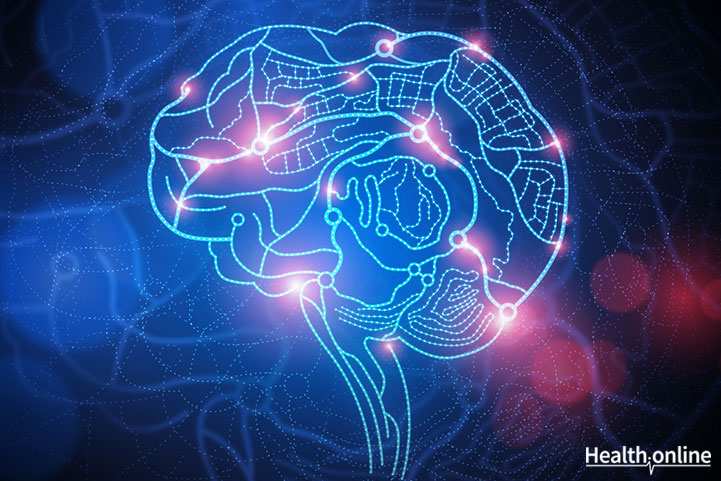
Causes of ADHD
As mentioned earlier, ADHD is not a result of your child’s disobedience, selfishness, poor upbringing, low intelligence, poor motivation, or laziness—just to name a few. Although these are some of the symptoms associated with the condition, having these problems don’t cause chronic impulsiveness, hyperactivity, or inattention, which are the core symptoms of Attention Deficit Hyperactivity Disorder. The exact cause of ADHD isn’t known, although numerous researchers agree that genetic and brain structure and function are responsible.
1) Genetics
Heredity is thought to be one of the most common causes of ADHD. The evidence in this thought is derived from extensive molecular genetic research (such as this), twin studies, adoption studies, and family studies. For example, if a trait is genetic, adopted children resemble their biological relatives more closely than they do their adoptive relatives.
ADHD is hereditary and tends to run through families. Therefore, if you or your child have the condition, there is a greater chance that you inherited it. In fact, research shows that siblings and parents of children with ADHD are four times more likely to develop this condition themselves.
2) Brain Function and Structure
There is ongoing research that indicates that the cerebellum, caudate nucleus, basal ganglia, and frontal lobe (as well as other parts of the brain) play a key role in the development of ADHD, because all these parts play a significant role in regulating behavior and mental functions. Such behaviors and mental functions include emotional regulation, changing and maintaining mental set, motor control, verbal regulation, self-monitoring, planning, working memory, and inhibition.
Some studies also point out that some toxins and injuries may interfere with brain development, which may, in turn, lead to hyperactivity, inattention, and impulsiveness. Moreover, there are studies that show the size of the brain may be a key factor in the development of ADHD—people with a smaller brain are more likely to develop the condition compared to people with larger brain capacity.
3) Other Factors
Although genetics, brain function, and structure may be the most evidenced factors associated with ADHD, there are studies that demonstrate that the disorder may be caused by a number of other factors. Such factors include:
- Extreme exposure to toxic lead at a young age.
- Exposure to alcohol and tobacco during pregnancy.
- Brain trauma or damage during pregnancy or at young age.
- Low birthweight.
- Premature birth (before the 37 weeks of pregnancy).
However, it should be noted that the evidence to support these causes is still inconclusive, and more research is needed to ascertain their role in ADHD development. There is also inconsequential evidence that shows ADHD is caused by:
- Immunization
- Allergies
- Food additives
- Eating too much sugar
- TV or Video Games
- Bad Parenting




